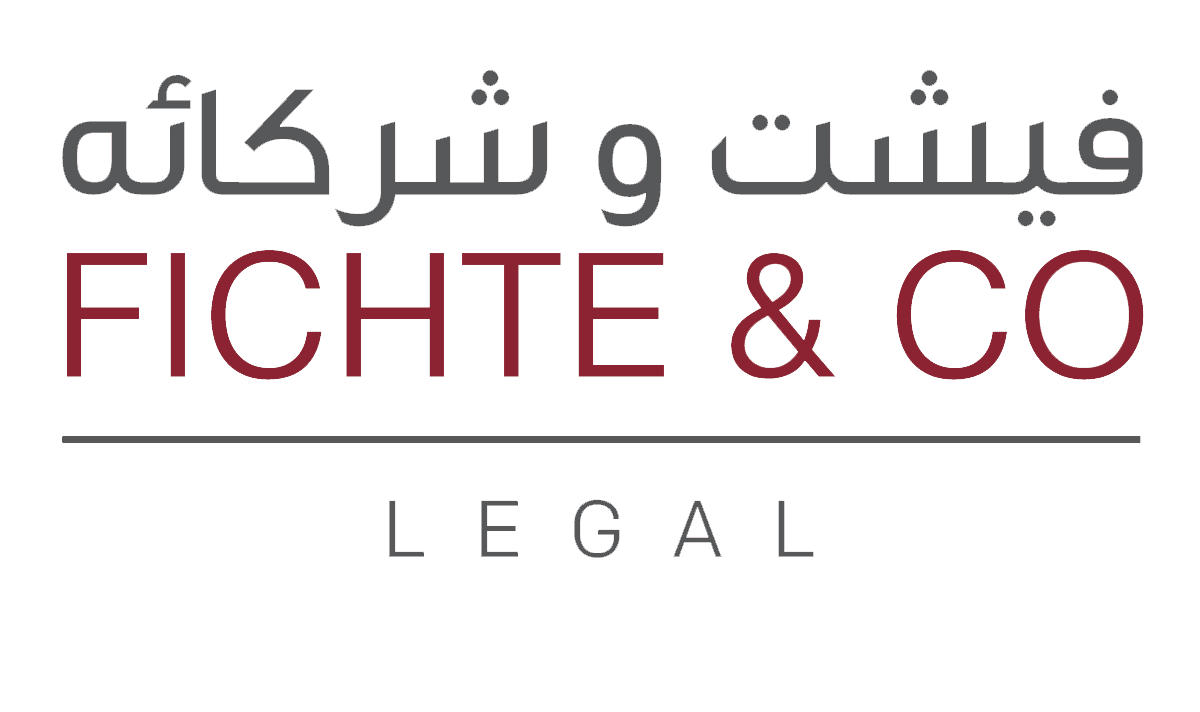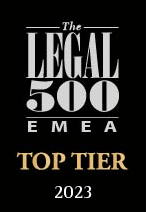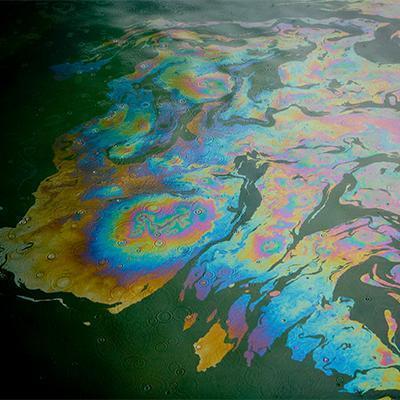UAE APPROVES TO JOINING OF THE INTERNATIONAL CONVENTION ON CIVIL LIABILITY FOR BUNKER OIL POLLUTION DAMAGE
UAE Federal Law No. 166/2020, issued on 10th November 2020, has approved the joining of the International Convention on Civil Liability for Bunker Oil Pollution Damage 2001 (the “Convention”).
In this article, we aim to highlight the most important features of the Convention.
Scope of Application
This Convention shall apply to any state which ratifies, accepts, approves, or accedes to it (State Party) after the Convention came into force or three months after the date of deposit by such state of the appropriate instrument of ratification, acceptance, approval or accession.
In general, the Convention governs:
- Loss or damage caused by contamination caused by bunker oil; and
- Preventative measures are taken to prevent or minimize such damage.
Loss or Damage Caused by Contamination
The Convention will apply in circumstances where loss or damage is caused by contamination resulting from, the escape or discharge of bunker oil from a vessel (whether on board or originating from the vessel) in the territory, including the territorial sea, of a State Party and in the exclusive economic zone of the State Party.
Whereas ‘bunker oil’ is defined in the Convention as: “any hydrocarbon mineral oil, including lubricating oil, used or intended to be used for the operation or propulsion of the ship, and any residues of such oil”.
The Convention does not apply to:
- Loss or damage caused by contamination outside the vessel carrying oil, which results from the escape or discharge of oil from that vessel, wherever such escape or discharge may occur. Such damage shall include the costs of preventive measures in addition to loss or damage caused by these measures; or
- Warships, naval auxiliary or other ships owned or operated by a state party and used, for the time being, only on Government non-commercial service unless the State Party decides to apply it, but it has to notify the Secretary-General of the terms and conditions of such application.
Preventive Measures
The Convention applies to preventative measures, being any action that is taken by the relevant party to prevent and/or minimize such damage.
Compensation Payable by the Shipowner/s
The Indemnity under the Convention extends to:
- Impairment of the environment, which shall be limited to costs of reasonable measures of reinstatement undertaken or to be undertaken;
- Loss of profit from such impairment; and
- The cost of preventive measures and further loss or damage caused by preventive measures.
Defences
Article 3 of the Convention provides for possible defences for shipowners to avoid liability for bunker oil pollution. According to paragraph 3, the shipowner should prove:
- The damage resulted from an act of war, hostilities, civil war, insurrection or a natural phenomenon of an exceptional, inevitable and irresistible character; or
- The damage was wholly caused by an act or omission done with the intent to cause damage by a third party; or
- The damage was wholly caused by the negligence or other wrongful act of any Government or other authority responsible for the maintenance of lights or other navigational aids in the exercise of that function.
In addition, paragraph 4 provides that the shipowner may be vindicated wholly or partially from liability towards a person who suffers damage resulted wholly or partially either:
- From an act or omission that has been done with intent to cause damage by that person; or
- From his own negligence.
Moreover, the shipowner responsible for the damage and loss caused by the bunker oil pollution and the person or persons providing insurance or other financial security has the right to limit their liability under any applicable national or international regime, such as the Convention on Limitation of Liability for Maritime Claims of 1976, as amended thereafter.
Obligation to Obtain Insurance or Financial Security
Any ship of a gross tonnage greater than 1000 registered in a State Party shall be required to maintain insurance or other financial security and shall not be permitted to navigate without such.
Examples of suitable financial security include a bank guarantee or similar financial institution, which covers the liability of the registered owner for bunker oil pollution.
The amount of the guarantee should be equal to the limits of liability under the applicable national or international limitation regime, which shall not exceed an amount calculated in accordance with the Convention on Limitation of Liability for Maritime Claims, 1976, as amended.
The appropriate authority of the State of the ship’s registry shall issue a certificate attesting that insurance or other financial security is in force in accordance with the provisions of this Convention. If a ship is not registered in a State Party, the shipowner may obtain a certificate issued by the appropriate authority of any State Party. The certificate shall be kept onboard the vessel and a copy shall be maintained with the authority issuing the certificate.
The conditions of issue and validity of the certificate shall be determined by the state of the ship’s registry. State Party may rely on information obtained from other States or the Organization or other international organisations concerning the financial standing of providers of insurance or financial security for the purposes of issuing the certificate. The issuing State Party shall not be relieved of its responsibility under the Convention even if it relies on such information.
Each state party shall accept the certificate issued or certified by the authority of the other State Parties, even if issued or certified in respect of a ship not registered in a State Party and shall have the same force. Such certificate shall have the same force as if issued by the certificates issued or certified by the state parties. If the state party believes that the insurer or guarantor named in the insurance certificate is not financially capable of meeting the obligations imposed by this Convention, it may at any time request consultation with the issuing or certifying state.
Initiating Legal Proceedings
The party claiming compensation for pollution damage under this convention may directly file the legal proceedings against the insurer or other person providing financial security for the shipowner. The defendant may invoke the following defences:
- Defences which the shipowner would have been entitled to invoke, including limitation pursuant to article 6 but excluding bankruptcy or winding up of the shipowner;
- The defendant may limit his liability to an amount equal to the amount of the insurance or other financial security required to be maintained in this Convention, even if the shipowner is not entitled to limitation of liability under the Convention; and
- That the pollution damage resulted from the wilful misconduct of the shipowner; and
- As in many Jurisdictions, the defendant has the right to request the court that the shipowner to be joined in the proceedings.
A State Party is required to have in place and in force the required legislation, necessitating insurance cover or other financial security, of the ships that are subject to this Convention, wherever registered, entering or leaving a port in its territory, or arriving at or leaving an offshore facility in its territorial sea.
Time Limits
The time limitation for filing a claim for compensation under this Convention shall be three years from the date when the damage occurred but not exceeding in any circumstances six years from the date of the incident. The six-years’ period shall run from the date of the first occurrence if the incident consists of a series of occurrences.
Key Takeaway
The Convention aims to harmonize the international rules and procedures for determining questions of liability and providing adequate compensation in the event of leakages of bunker oil from ships. Therefore, the UAE’s approval of joining the Convention is seen as a step in the right direction bringing it in-line with international best practice. In particular, it ensures adequate compensation for damage or loss resulting from contamination and obliges UAE shipowners to obtain appropriate insurance or financial securities to cover such damage or loss.




